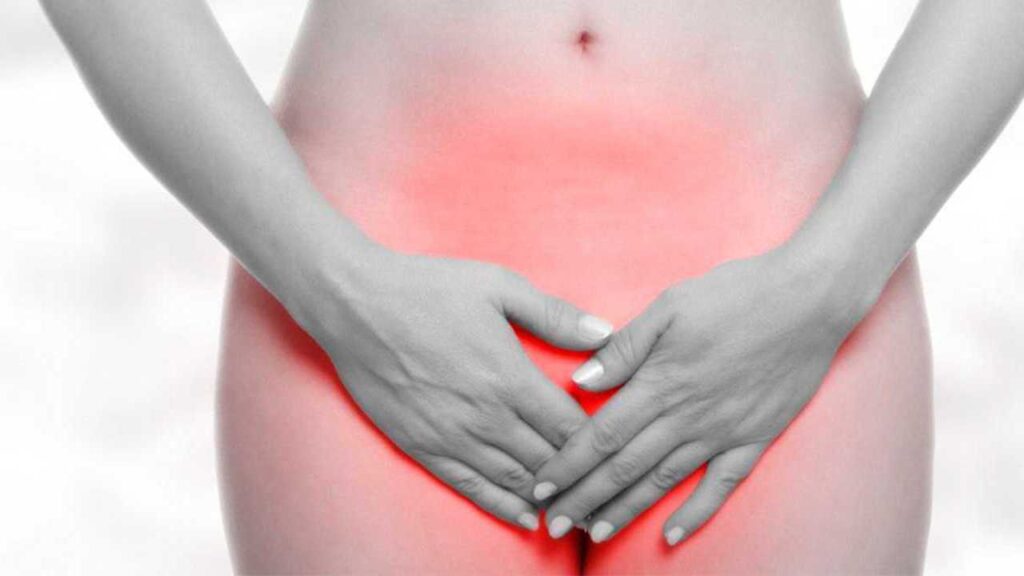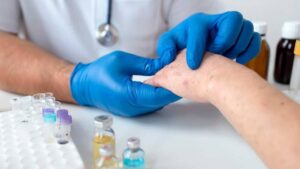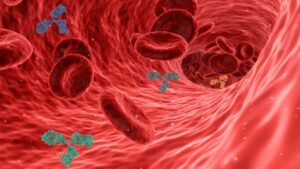Hormonal factor plays a significant role in the manifestation and recurrence of herpes symptoms. The hormonal system exerts control over a wide range of bodily functions, including the immune system. Studies have shown that hormonal levels can influence the activity of the herpes simplex virus (HSV) and affect the body’s immune response.
Specifically, sex hormones such as estrogen and progesterone in women, and testosterone in men, may play an important role in the development and recurrence of herpes symptoms.

Menstruation and Herpes
During the menstrual cycle, women experience significant hormonal fluctuations. Prior to menstruation, estrogen levels decrease drastically while progesterone levels increase. These hormonal changes can affect the immune system and create a favorable environment for the reactivation of the herpes simplex virus (HSV), leading to the emergence of lesions and herpes outbreaks.
Estrogen plays a crucial role in immune system function. When estrogen levels decrease, as they do before and during menstruation, the immune system can be weakened. This can make it difficult to suppress the HSV virus, allowing it to become active again and resulting in herpes outbreaks.
Additionally, menstruation also causes changes in vaginal pH, making it more alkaline. This pH alteration can create a conducive environment for HSV growth and viral replication, increasing the risk of outbreaks during this phase of the menstrual cycle.
Another theory suggests that the physical and emotional stress associated with menstruation can contribute to the recurrence of herpes outbreaks. Physical tension and hormonal imbalances can negatively impact the immune system, reducing its ability to suppress the virus and control the infection.
It is important to note that not all women experience herpes outbreaks related to menstruation. Each individual is unique and may have different triggering factors for herpes outbreaks. Some women may experience outbreaks regularly during menstruation, while others may not have this association.
Pregnancy and Herpes
Pregnancy is a special time in a woman’s life, but it can also bring additional concerns, especially when it comes to viral infections like herpes. Herpes during pregnancy can pose risks to both the mother and the fetus, so it is important to understand the factors related to this condition.
Women who already have the HSV virus before pregnancy may experience reactivation of the virus during this period. However, it is important to note that not all women with genital herpes experience outbreaks during pregnancy.
Menopause and Herpes
Menopause is a hormonal transition and can affect various aspects of women’s health, including the manifestation and recurrence of herpes symptoms.
During menopause, the decrease in estrogen levels can impact the body’s immune response. Estrogen plays a crucial role in regulating the immune system and helping to fight viral infections, including herpes simplex virus (HSV) infection. When estrogen levels decrease, the immune system may become less efficient in controlling the virus, making menopausal women more susceptible to herpes outbreaks.
Read also: Herpes and Pregnancy Risks




